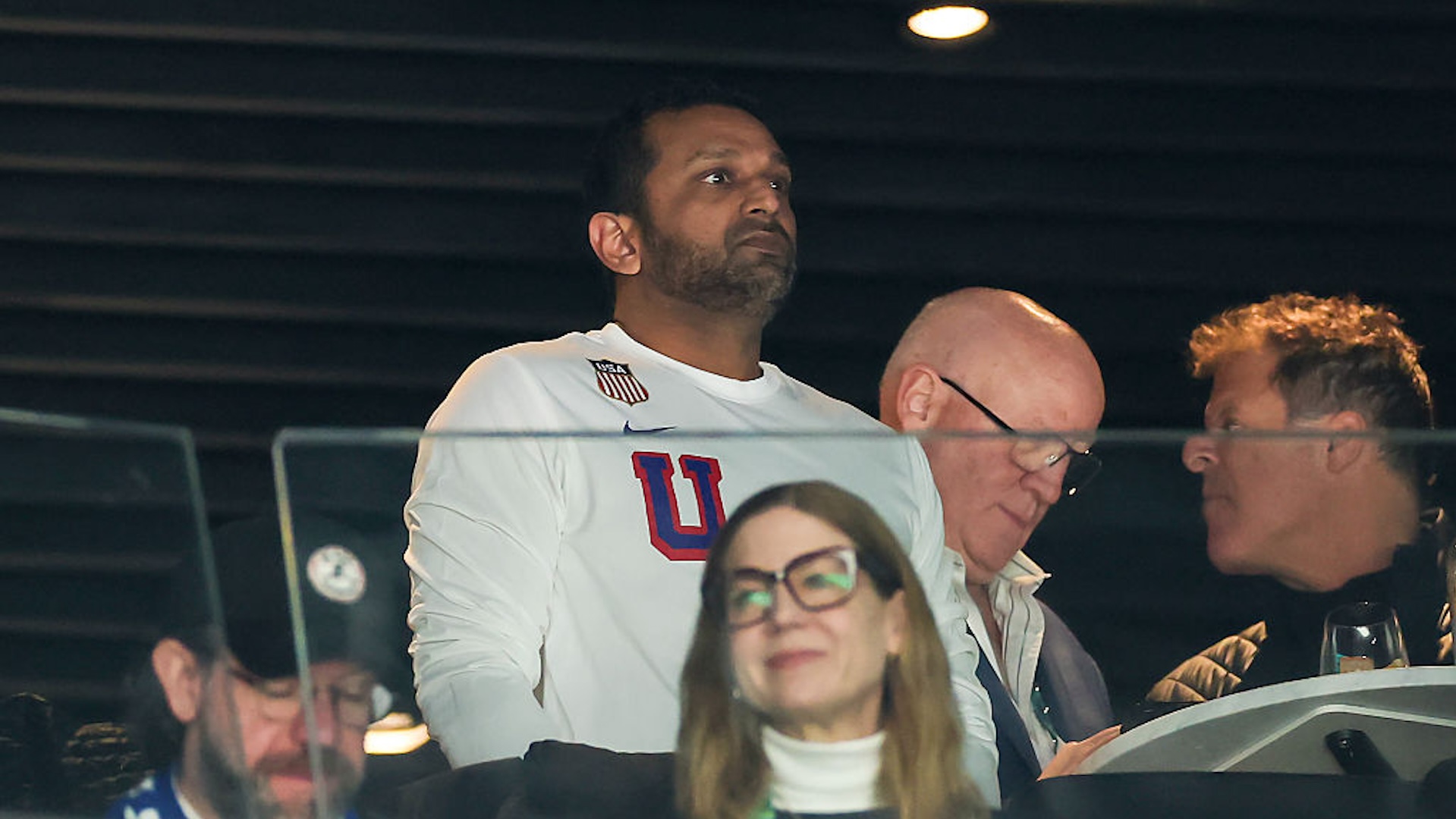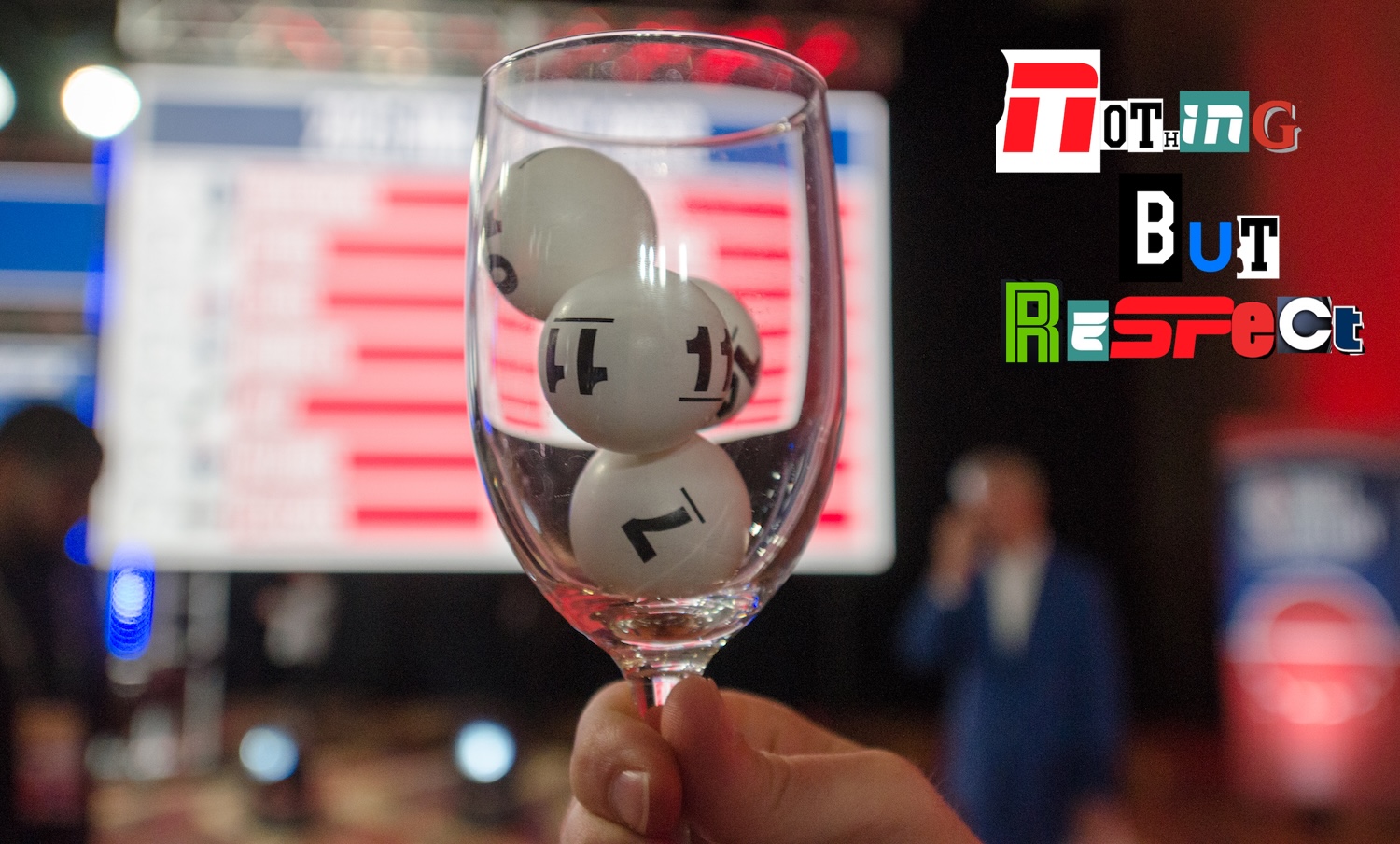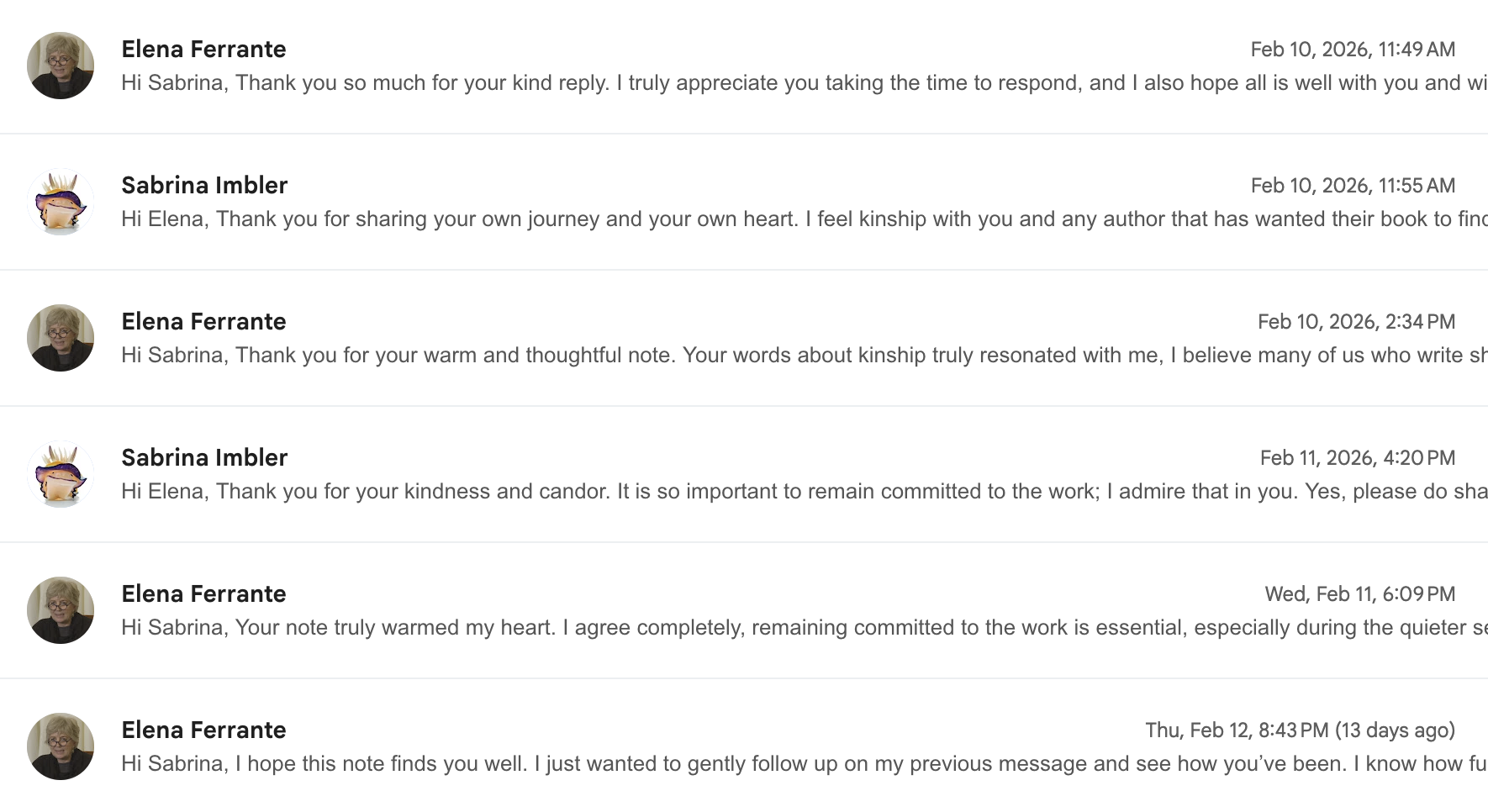Rumaan Alam's new novel Entitlement begins, as so many New York stories do, on the subway. It’s summer—"strange, sultry"—and the city is being terrorized by a "lunatic at large who was jabbing unsuspecting commuters with a hypodermic needle." Creatively dubbed the "Subway Pricker," the anonymous piquerist has already claimed three victims and the imaginations of the city’s denizens. None of this concerns Brooke Orr, who considers "the pricker like Santa Claus or the tooth fairy, real only if you believed him to be." In fact, other than her new job as a program coordinator at a Manhattan foundation established by a white octogenarian billionaire named Asher Jaffee, very little seems to concern Brooke.
The headlines she reads on the train to work are "anodyne ... the good luck of a boring moment in the world's long history, Obama’s placid America." Entitlement is set in 2014, a year that that might register as anodyne in the nostalgic gaze of its post-pandemic audience, but probably wouldn't to a 33-year-old black woman like Brooke. The summer of 2014 was the summer of Ta-Nehisi Coates's landmark essay "A Case for Reparations." It was the summer of the Flint water crisis, the summer of Elliot Rodger, the summer of the Ebola outbreak, the summer of #BringBackOurGirls. It was the same summer where Michael Brown's body was left to bake on the hot Missouri pavement for four hours.
None of this seems to register to Brooke, which seems unlikely given the eight years she just spent teaching Carrie Mae Weems and Basquiat to black students at a Bronx charter school. Perhaps it's a product of her upbringing by a single white reproductive justice organizer? Transracial adoptions and the families they create have long fascinated Alam, himself the adopted father of two children. It's rich terrain to mine, all of America's racial friction thrown into sharp relief under one roof. But, again, very little of this seems to concern Brooke:
Yes, her little brother had been a white baby placed for adoption (it happened), and if you pretended, as many did, Alex looked rather like Maggie, pink-skinned and gangly. That left Brooke perennially outside of something, but the judgment of the wider world had little to do with how she felt.
In fact, "there was generally, for Brooke, little interest in the question of her parentage." So, what does interest Brooke? Not her near-decade as a teacher; after a few months of being Asher's protege, Brooke "barely thought of that place anymore, as if it had been an unserious love affair and not what she once thought her whole life might be." Speaking of love affairs, Brooke largely isn't interested in those or marriage or children. In the moments after the novel's only romantic liaison, these are the questions that pass through Brooke’s mind: "Wouldn't it be as easy with Asher, and wouldn't the satisfaction last longer? Was tonight but a rehearsal for something she could barely bring herself to say that she wanted?"
OK, what about friends? Brooke has exactly two, one of them a childhood best friend and the other a fellow Vassar alumnus. They are the only black people Brooke spends time around in a non-professional context. One of them, Kim, is described as an ad for miscegenation: "[Kim's] Japanese mother and Black father had collaborated on a masterpiece." However, after an argument at a bar that is nominally about inherited wealth but mostly about Asher, "Brooke looked at her two oldest friends and felt, strangely, nothing."
For a 33-year-old woman in New York City, Brooke's social and internal world is strangely unpopulated. Brooke is a cipher. She has no hobbies besides passive consumption; when left with an empty Sunday afternoon, the only ways she can think of to pass the time include brunch, a trip to the farmer's market, a movie or a perusal of the Strand's used book offerings. All perfectly fine pursuits, but what movie or book might capture her attention, whose lyrics might run through her mind in a quiet moment? Despite her nominal interest in visual art, we have little sense of what moves her besides Asher's money. It's hard to believe that it's Asher himself, a caricature of a supercilious philanthropist who offers such sage life advice as "If you don't ask for what you're owed, who can you blame when you fail to get it?"
A year removed from Sheryl Sandberg's Lean In, it's surprising that Brooke seems to be hearing this sort of guidance for the first time. Nevertheless, she runs with it, taking to Asher and his way of life like a devotee. His words to her become a sort of mantra, one that inspires her to spend thousands of dollars at Saks on her corporate credit card, pushes her to fudge her salary on a mortgage application, drives her to insanity. "She'd written herself a fairy tale, herself its heroine, something to do with the apartment that fit like Cinderella's slipper, something to do with destiny, and it was as yet not clear to her if Asher Jaffee was the prince or the fairy godmother, all her problems dispatched either by a kiss or a wave of the wand."
The most generous reading of Entitlement is that it's another entry into Alam's years-long project depicting the gravitational pull of wealth, which includes his runaway success of a novel Leave the World Behind. He's at his strongest in scenes that illustrate the irresistible undertow that money can exert not on the have-nots, but on the have-lesses who are simultaneously the closest and the furthest from it. But Brooke's rapid-onset wealth derangement syndrome makes little sense in the context of what little we know of her life. Her short stint under Asher's wing isn't her first brush with real wealth, nor her most sustained. Matthew, the Vassar friend (and the only black man in Entitlement who isn't a service worker or homeless), observes early on that Brooke possesses "the secret weapon of a chic mother with a Manhattan apartment" on Fifth Avenue.
Nevertheless, Brooke's downfall is accelerated when Kim, the miscegenation masterpiece, comes into an inheritance from her deceased father, an unspecified lump sum that isn't dented by a $2 million apartment bought and paid for in cash. It's a familiar story, in some ways. "If you're a certain kind of person and go to a certain college and enter a certain profession, you realize there are these secret layers of money and pedigree informing other people’s lives. And once you've realised that, it can make you crazy with envy, or frustration," Alam told the Guardian in a recent interview. But there's no secret here. Brooke has grown up with Kim and her mother, who Brooke refers to as Auntie Sayo. Brooke "had spent plenty of her childhood in Kim and Auntie Sayo's Riverside Drive apartment, and at some point had understood that it was so much nicer than her own home ... It had never been a secret that there was a promise of more for Kim, some blessing in the distant future."
It's hard to understand why exactly Brooke, who was given a Cartier bracelet on her 18th birthday, is undone by an apartment that looks just like the one she spent plenty of her childhood in. Perhaps, generously, it's one of many indications that Entitlement's protagonist is as unreliable as its narrator, whose perspective shifts from one character to another's so rapidly it's unclear at moments exactly whose thoughts we're privy to. This structure could have illuminated the conflicts and relationships of class and identity, but what exactly Alam is trying to say about them here is hazy.
Also left unexplained: why he chose a black woman to say them. As the novel progresses, it becomes increasingly evident that Brooke's relation to her own blackness is too neatly bifurcated into the personal—where it seems only to be an imposition foisted upon her by the outside world—and the professional, where her race is an asset because Asher has decided that it is. A unique refraction on the DuBoisian concept of double consciousness, Brooke's inability or unwillingness to integrate these two versions of herself ultimately presages her downfall.
Still, I'm confused about exactly how much of Brooke's racial myopia is intentional. There are moments of Brooke's internal narration that gave me pause, like when she describes her hairstyle as "a natural" or that gold Cartier bracelet showing in relief against "the black of her wrist"—odd phraseologies that rang in my ear like a missed beat in a song. Her interactions with other black characters are contradictory. Brooke bristles under the weight of other black people's expectations of kinship, yet when she's charged with finding a worthy cause to serve as a siphon for Asher's money, his implicit expectation for her to find "the story of Black kids with Black problems" imbues Brooke not with bitterness, but with purpose. "Brooke was most passionate about Black art, Black lives, Black matters, when her boss asked her to be." How this black woman conceived of black art or black lives or really anything before Asher entered her life remains a mystery. Her lack of substance sucks the air out of her slow unraveling: What reason do I have to care about this woman who cares about so little? It's a baffling approach to character development, one that betrays an authorial incuriosity that's all too similar to Asher's.
Blackness can often function as a mirror—for biases, yes, but also for the over-correction of them. It took me a long time to recognize that most of the non-black people I interact with aren't speaking to me, at least not at first. Instead, their interlocutor is a fun-house creation, a golem of their own ideas and notions of what A Black Woman is. There’s a cadence that becomes easy to recognize. In my life and most likely in Brooke's, what it's most often communicating is a request: Bless me. Give me the seal of black approval. It’s easy to trade these negro imprimaturs for power, your presence a flattering reflection of other people's moral rectitude. Many have chosen this route, to great success. (I could be counted among them; my career has been shepherded along by benevolent white editors whose desire to have a hand in my success I now know had just as much to do with proving their politics as it did with my talent.)
When I began Entitlement, I thought it might tell the Icarian journey of one of these black symbols of white progress. Alam seems familiar with these dynamics—it's abundantly clear that despite Asher's protestations to the contrary, Brooke's primary use to him is as a barometer of his own righteousness. Still, Icarus isn't who came to mind as I finished its final, barely comprehensible scene. Instead, I was reminded of Narcissus, of how seductive a flattering reflection can be. In Brooke's eyes, Asher imagines a new vision of who he is: a billionaire with a black friend.
But reflections can't be trusted, as anyone who's gone to take a selfie after seeing themselves in the mirror understands. Asher comes to realize this—that Brooke's blackness is more than just a mirror, more than a useful self- congratulatory tool. Whether Alam does is another question entirely. At its core, Entitlement is an attempt to illuminate the inexorable undertow of wealth; what remains unclear is if its protagonist was the only one pulled under the waves.






